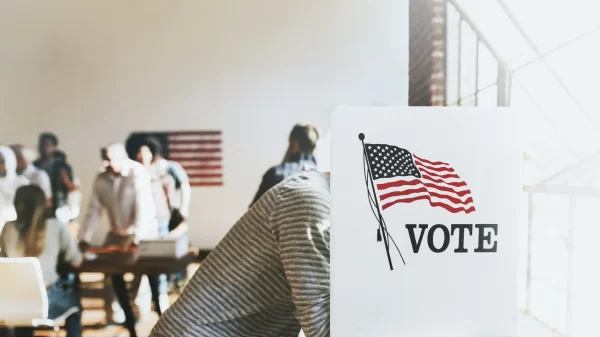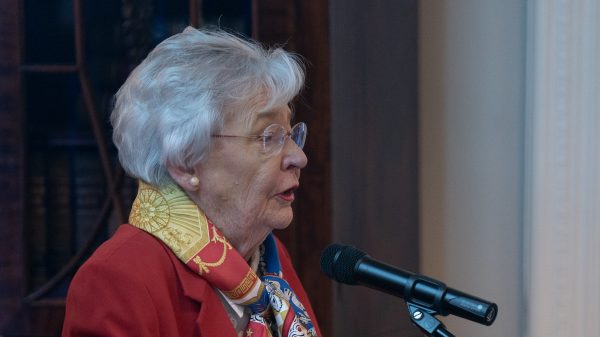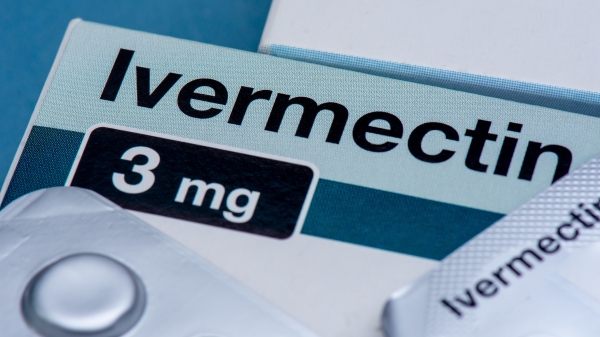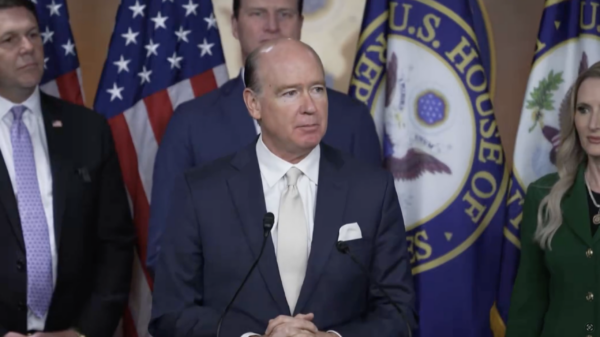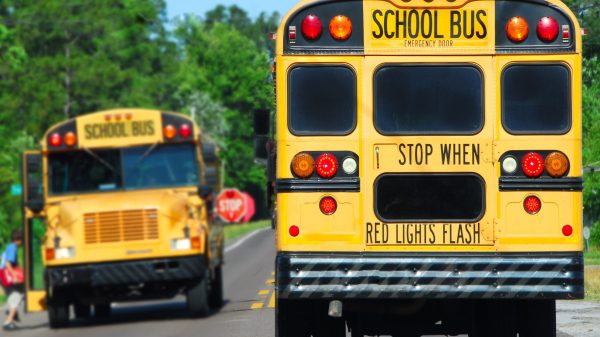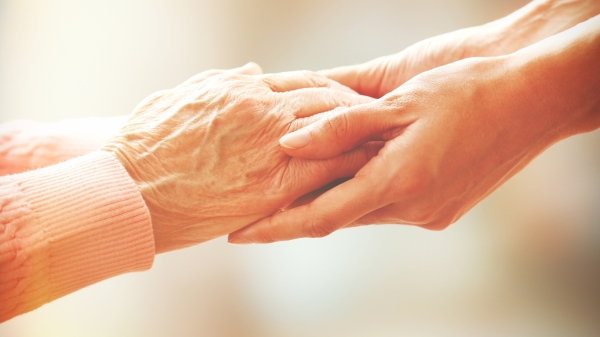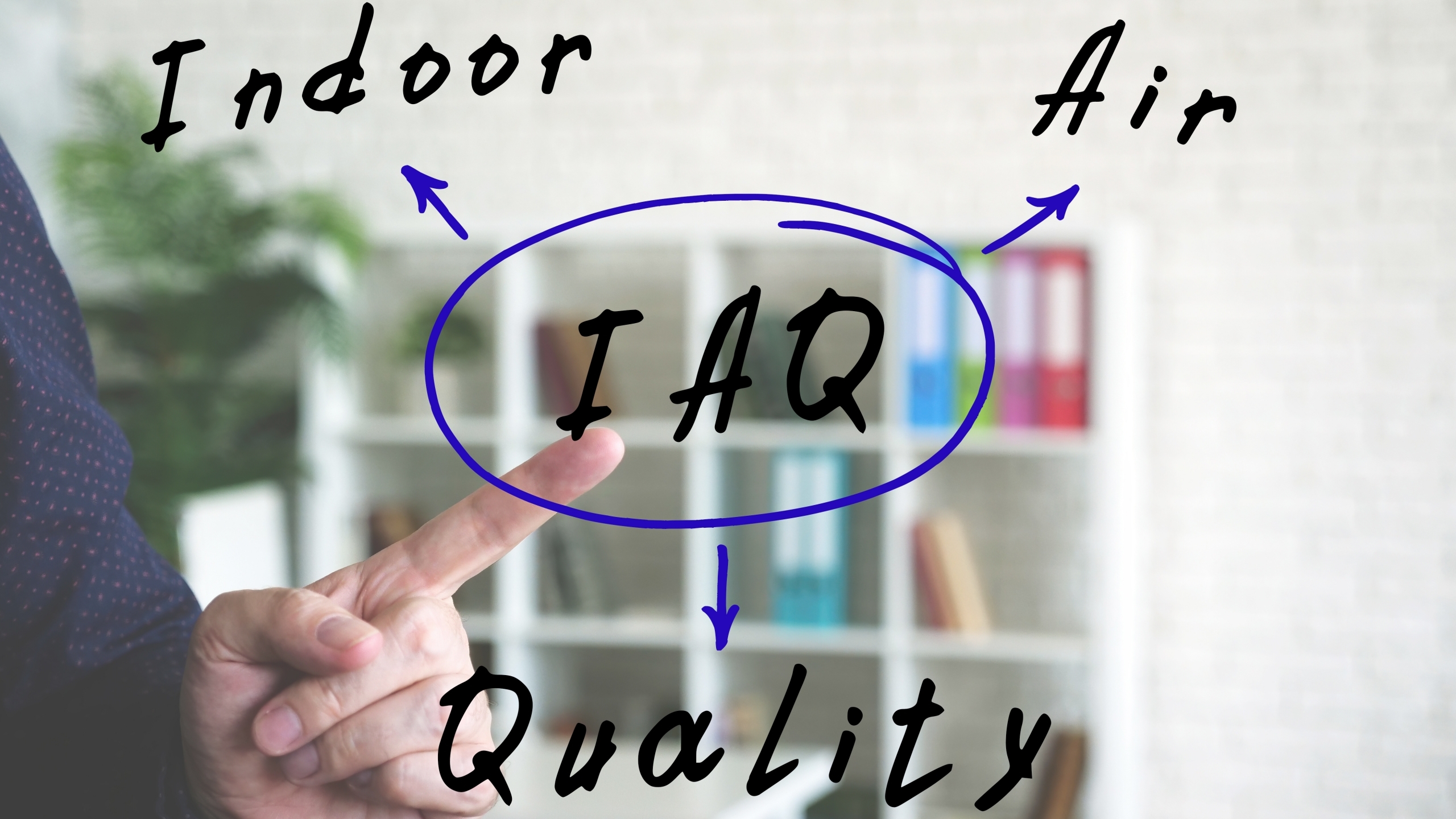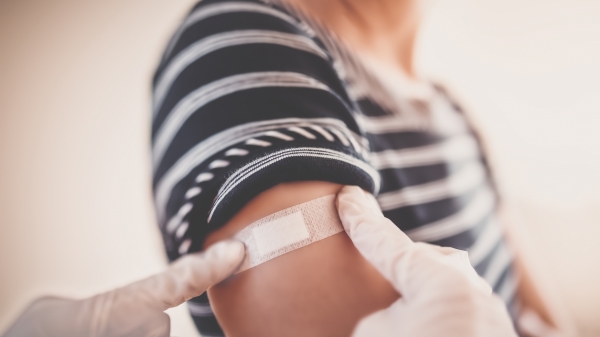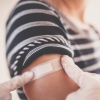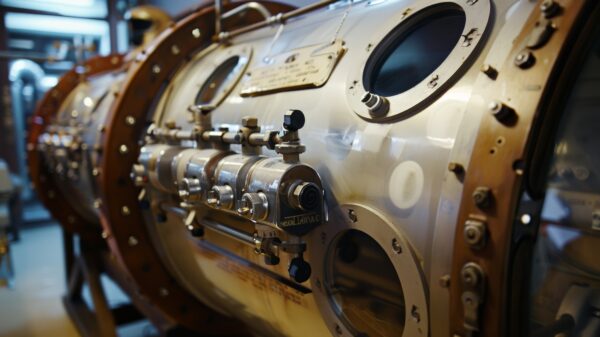On July 20, 2021, CNBC reported that the Centers for Disease Control and Prevention has found that the delta variant now accounts for 83 percent of all sequenced COVID cases in the U.S.
“This is a dramatic increase up from 50 percent, the week of July 3,” said CDC Director Dr. Rochelle Walensky during a Senate hearing.
According to Yale Medicine, the COVID-19 delta variant is more contagious than other SARS-CoV-2 virus strains. While research has shown that vaccinated people are typically protected from Delta, COVID-19 has demonstrated tenacity in its mutations. Future variants may break through the vaccine protection.
According to the Mayo Clinic, herd immunity is achieved at 70 percent of the population. Without reaching the target 70 percent combined infection and vaccination to reach herd immunity, we are giving COVID-19 more time to mutate, which puts both vaccinated and unvaccinated people at risk.
Beyond vaccine hesitancy, another key problem is the adoption of technologies to clean indoor air. The CDC reports the principal mode by which people are infected with SARS-CoV-2 (the virus that causes COVID-19) is through exposure to respiratory fluids carrying infectious virus. Proven disinfection devices are available to clean the air in rooms or in heating, ventilation, and air conditioning (HVAC) ducts. A very small percentage of schools and businesses have taken advantage of the cost-effective technologies.
Solutions
Here are three things that Americans can do to help prevent a second national shutdown and untold sickness and loss of life:
- Consider recommending that friends, family members, and colleagues, who have not yet been vaccinated get the vaccine as soon as possible: “You should consider vaccination to mitigate the risk and possible spread of COVID-19 mutations in addition to risking your own health.”
- Speak with school administrators, business owners, and managers of public entities ranging from post offices to the police stations: “You should clean the air with advanced and proven ultraviolet or other disinfection technologies to help reduce the airborne spread of COVID-19 and its variants.” Improving indoor air quality (IAQ) may be the silver bullet in fighting COVID-19, and when the proven technologies are installed correctly they also save energy. The CDC guidance includes a key section on “Transmission of SARS-CoV-2 from inhalation of virus in the air farther than six feet from an infectious source can occur.”
- Ask this tough question to the schools where your children attend or the schools where you work: “What percentage of the COVID-19 relief funds have you put towards indoor air quality.” Note that you will most likely hear that a small percentage of the Elementary and Secondary School Emergency Relief (ESSER) or CARES funds have been put toward opening schools, and the vast majority has gone to virtual learning, which is less advantageous for students and parents.
Basically, billions of dollars are being spent to remedy the educational loss due to the closure of schools last year. Ironically, the federal funds in place today to combat this are being spent to ensure that schools can close easily rather than being spent on preventative measure to allow schools to simply stay open.
Results
Implementing these recommendations may increase our chances of beating the COVID-19 delta variant and returning to some normalcy. An added result that comes from cleaning the indoor air is control, and eventual, reduction in allergens, which helps people beyond the virus. Many buildings do not have operable windows. Most buildings have volatile organic compounds (VOCs) in air from cleaning fluids, glues in carpets and furniture, paint, and other materials.
These VOCs contribute to “sick building syndrome,” so cleaning the air can lead to improved overall health and increased employee productivity. Finally, clean air technologies that are incorporated into the air handling units of the heating, ventilation, and air conditioning (HVAC) systems can save energy. Just has the disinfection technology disrupts the COVID-19 acellular microorganisms, it also can prevent the growth of mold and mildew on the HVAC fan coils. The energy savings in many cases can cover the cost of the air disinfection. This win/win may set new standards for indoor air quality (IAQ) technologies for buildings in the U.S. and around the world.
America can lead by example!




